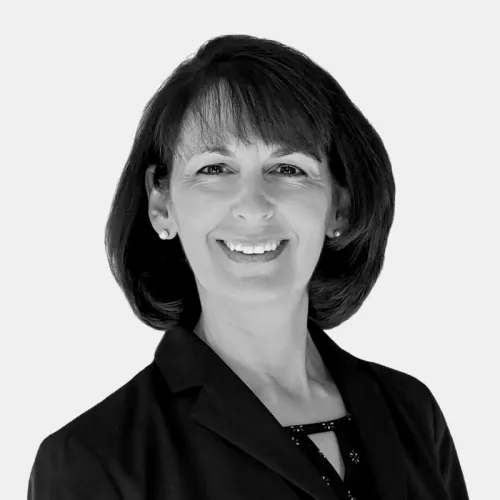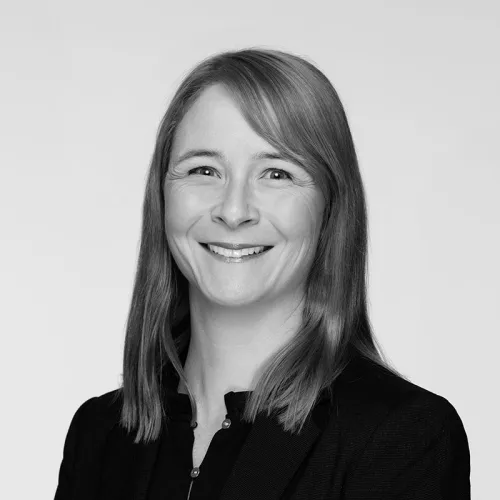New California Law Imposes Additional Infection Preventionist and Reporting Requirements on Skilled Nursing Facilities
New California Law Imposes Additional Infection Preventionist and Reporting Requirements on Skilled Nursing Facilities
Key Points
- Starting Jan. 1, 2021, California skilled nursing facilities must have a full-time, dedicated Infection Preventionist.
- Infection Preventionists must be an RN or LVN, but their hours may not count in minimum direct patient care staffing calculations.
- During declared communicable disease emergencies, skilled nursing facilities must report data as required by the California Department of Public Health (CDPH), which must include communicable disease-related death and suspected disease-related death information within 24 hours of the death.
- During such emergencies, skilled nursing facilities must also notify residents and their representatives and family members about cases of the communicable disease as instructed by CDPH.
On Sept. 29, 2020, Governor Newsom signed Assembly Bill (AB) 2644 into law. The new law takes effect Jan. 1, 2021.
Infection Preventionist Requirements
While the requirement for an Infection Preventionist (IP) sounds similar to the federal requirement under F882 that went into place in November 2019, this California statute includes more burdensome requirements. The new law requires skilled nursing facilities to have a full-time, dedicated IP and requires that the role be held by an RN or LVN. Although the role may be filled by either one full-time IP staff member or by two staff members sharing the responsibilities, the total time dedicated to the IP role must amount to at least the time of one full-time staff member. The hours of the IP, however, may not be included in the calculation of the minimum direct patient care staffing calculations.
Consistent with federal law, AB 2644 requires each skilled nursing facility to have a plan in place for infection prevention quality control. Under the new state law, skilled nursing facilities must also ensure that all healthcare personnel receive infection prevention control training annually.
Reporting Communicable Disease Data During Declared Emergency
While CMS imposed new federal requirements for reporting COVID-19-specific information under F884 and F885, pursuant to AB 2644, in the event of a declared emergency related to a communicable disease, a California skilled nursing facility will formally be required to report communicable disease data as required by CDPH. This data will include information about each disease-related death and suspected disease-related death. The report will be required within 24 hours of the death.
California skilled nursing facilities will also be statutorily required to notify residents and their representatives and family members about cases of the communicable disease “as instructed by the department.” This requirement will operate in addition to any reporting requirements (such as F885) imposed by CMS in a particular communicable disease emergency.
Consistent with what has occurred related to COVID-19, CDPH will now be required to make the total number of reported disease-related deaths and suspected disease-related deaths available on its website updated on a weekly basis, in a manner that protects patient privacy.
Under AB 2644, CDPH has the authority to “implement, interpret, or make specific” these reporting requirements through an All Facilities Letter (AFL) or similar instruction.
As we move toward the new year, facilities should prepare for these additional infection prevention requirements and make sure relevant staff are aware of the per-patient-day exclusion. Further, although reporting and notification systems should already be in place due to the COVID-19 emergency, facilities should continue to review the evolving guidance and be prepared to implement additional reporting and notification requirements.
For More Information, Please Contact:
Receive legal alerts, case analysis, and event invitations.

